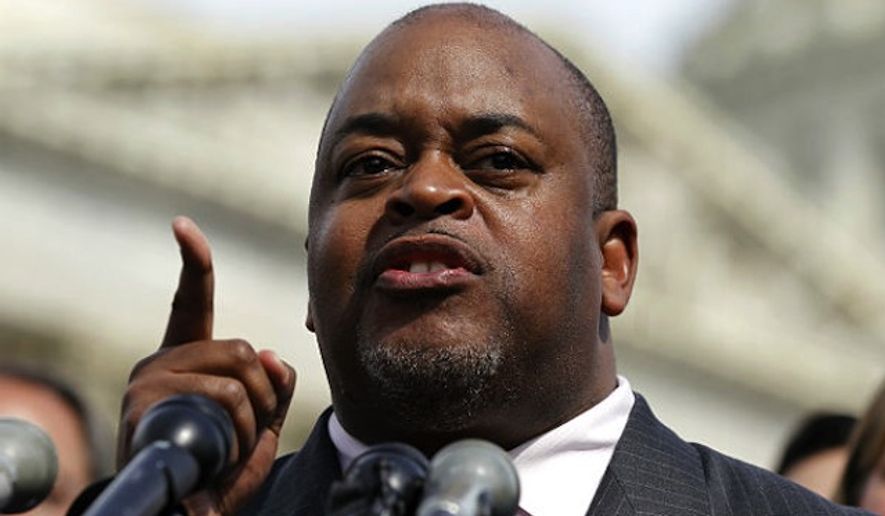On the day the government took the largest single step on regulating the Internet, conservatives at CPAC warned that more assaults are being directed at individual freedom, from taxation of electronic cigarettes to food and dietary guidelines.
David Keene, opinion editor at The Washington Times, moderated a Times-sponsored panel discussion that also included Jeff Stier, head of the risk-analysis division at the National Center for Public Policy Research; Frontiers of Freedom CEO George Landrith; and Niger Innis, executive director of TheTeaParty.net.
Mr. Landrith opened the discussion, arguing that the Obama administration is veiling its true intention on the “net neutrality” issue with user-friendly propaganda, asserting that their real objective is to transfer U.S. power over the Internet to foreign nations in the name of global community.
“It doesn’t have to relate to truth at all, it just has to be something that makes you feel good when you hear it the bottom line is that it gives them the power to control things. Do you want Iran, China and North Korea regulating what you can put on the Internet?” he asked the audience.
Mr. Stier said that the federal government is pushing “excise taxes” — more commonly known as “sin taxes” — on the American public to shape their personal habits.
But in some cases — such as the case of electronic cigarettes, which are designed to help people quit smoking tobacco — the taxes may discourage people from quitting bad habits.
“There’s a special place reserved in tax world for products the government doesn’t like they tax products that they don’t want us to use,” he said. “There are states pushing an excise tax on e-cigarettes, [but] none of these taxes, warnings or labels can do as much as e-cigarettes can do to help you quit cigarettes but the government comes in and either tries to regulate it to death or tax it.”
Mr. Innis, a former longtime activist with the Congress of Racial Equality, said that conservatives should focus their efforts on explaining the dangers of regulation to nonconservatives.
He suggested that one such argument might be that regulations hit small companies harder than they do big ones that can afford to absorb the cost, find legal ways to work around them and/or use politics to shape them to their benefit.
“We have failed to communicate that [regulation] is an impediment for people to climb the ladder,” he said. “It helps the rich preserve their wealth and blocks other people from becoming rich.
“If you’re a small businessman or entrepreneur or person with a great idea, you don’t have a bunch of accountants who can navigate the tax system. You’re out there trying to make a buck, trying to keep the lights on.”
• Jeffrey Scott Shapiro can be reached at jshapiro@washingtontimes.com.




Please read our comment policy before commenting.